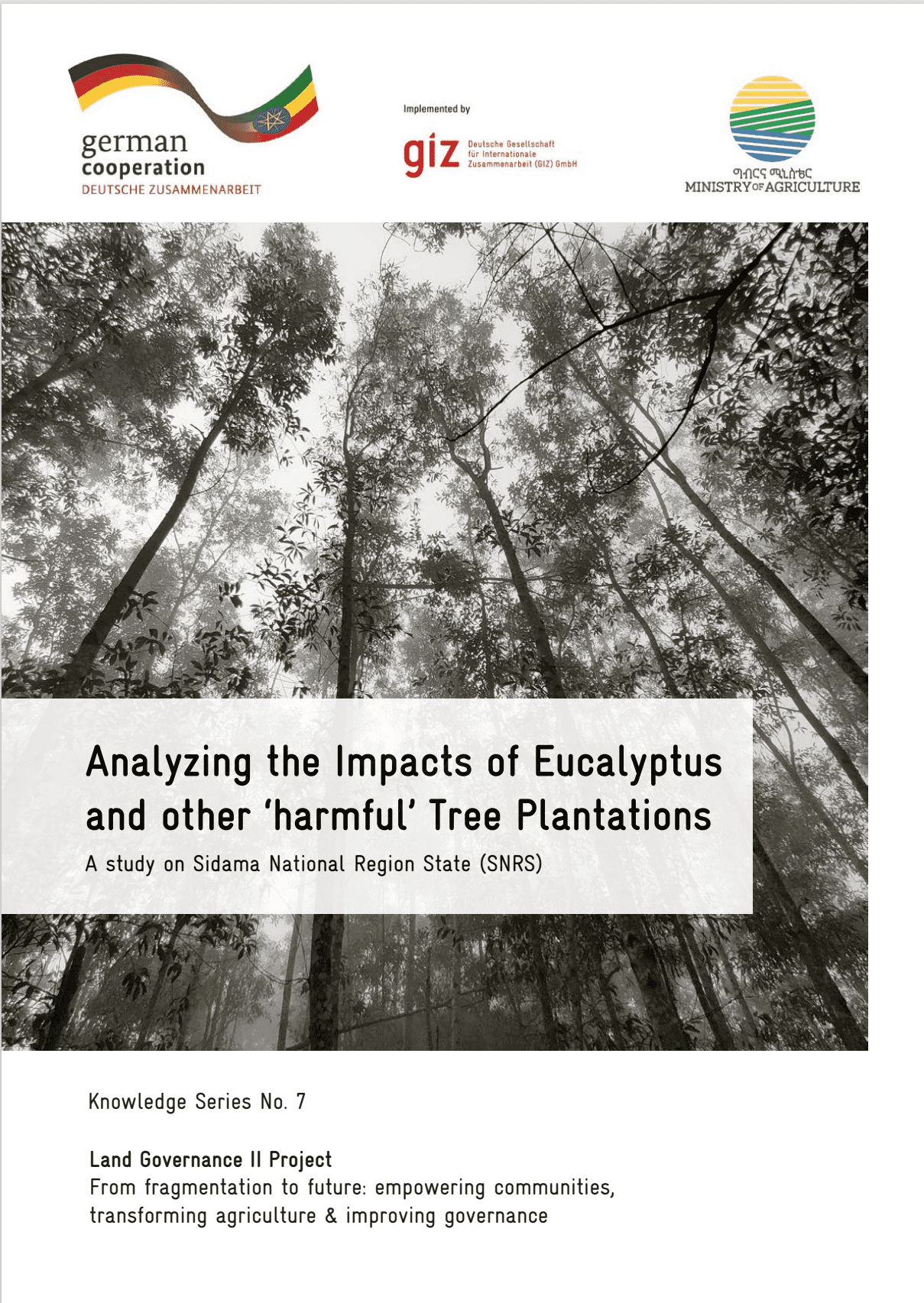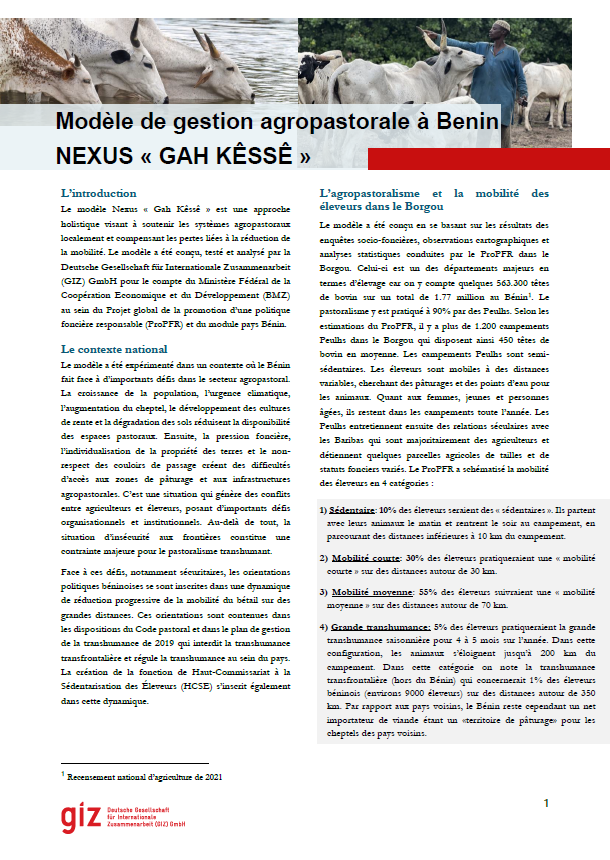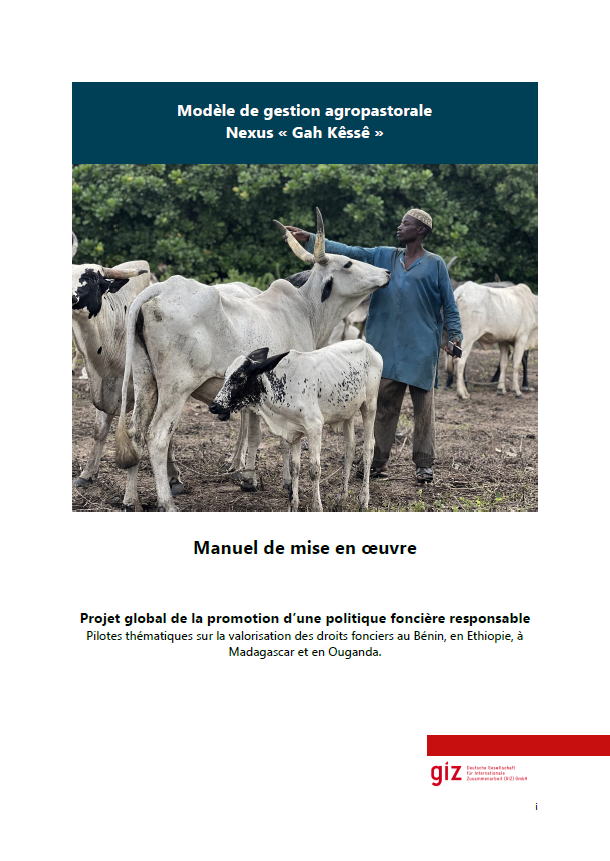Location
As a service provider in the field of international cooperation for sustainable development and international education work, we are dedicated to shaping a future worth living around the world. We have over 50 years of experience in a wide variety of areas, including economic development and employment promotion, energy and the environment, and peace and security. The diverse expertise of our federal enterprise is in demand around the globe – from the German Government, European Union institutions, the United Nations, the private sector, and governments of other countries. We work with businesses, civil society actors and research institutions, fostering successful interaction between development policy and other policy fields and areas of activity. Our main commissioning party is the German Federal Ministry for Economic Cooperation and Development (BMZ). The commissioning parties and cooperation partners all place their trust in GIZ, and we work with them to generate ideas for political, social and economic change, to develop these into concrete plans and to implement them. Since we are a public-benefit federal enterprise, German and European values are central to our work. Together with our partners in national governments worldwide and cooperation partners from the worlds of business, research and civil society, we work flexibly to deliver effective solutions that offer people better prospects and sustainably improve their living conditions.
Members:
Resources
Displaying 6 - 10 of 337Analyzing the Impacts of Eucalyptus and other ‘harmful’ Tree Plantations
This study focuses on evaluating the impacts of eucalyptus tree plantations and other tree species on various aspects such as agricultural production, water resources, soil nutrients, natural forests, and biodiversity in the Sidama National Regional State (SNRS) of Ethiopia. While eucalyptus plantations have been acknowledged for sustaining local livelihoods, concerns have arisen regarding their adverse effects on water quantity and quality, soil fertility, biodiversity, and crop productivity.
Meta-Analysis of Socio-Economic Impacts of Land Fragmentation in Ethiopia
This study focuses on land fragmentation in Ethiopia, exploring its impact on agricultural productivity and rural development. It proposes strategies for addressing fragmentation through land consolidation. The study employs a robust methodology, including data collection and analysis of data, along with a meta-analysis of existing reports and studies on land fragmentation. Through these analytical approaches, the study aims to provide empirical evidence supporting the effectiveness of land consolidation strategies in Ethiopia.
Comparative Analysis of Land Policy Instruments to Tackle Land Fragmentation
This study addresses the significant issue of land fragmentation in Ethiopia, which is characterized by small, irregular, scattered parcels with no or adequate road access. With landholders owning multiple small and dispersed parcels, averaging 1.5 hectares, the situation demands urgent policy intervention.
Modèle de gestion agropastorale à Benin Nexus « Gah Kêssê »
Le modèle Nexus « Gah Kêssê » est une approche holistique visant à soutenir les systèmes agropastoraux localement et compensant les pertes liées à la réduction de la mobilité. Le modèle a été conçu, testé et analysé par la Deutsche Gesellschaft für Internationale Zusammenarbeit (GIZ) GmbH pour le compte du Ministère Fédéral de la Coopération Economique et du Développement (BMZ) au sein du Projet global de la promotion d’une politique foncière responsable (ProPFR) et du module pays Bénin.
Modèle de gestion agropastorale Nexus « Gah Kêssê »
Le modèle Nexus « Gah Kêssê » est une approche holistique visant à améliorer localement les conditions de vie des populations agropastorales. Le modèle a été conçu, testé et analysé par la Deutsche Gesellschaft für Internationale Zusammenarbeit (GIZ) GmbH pour le compte du Ministère Fédéral de la Coopération Economique et du Développement (BMZ) au sein du Projet global de la promotion d’une politique foncière responsable (ProPFR) et du module pays Bénin.






